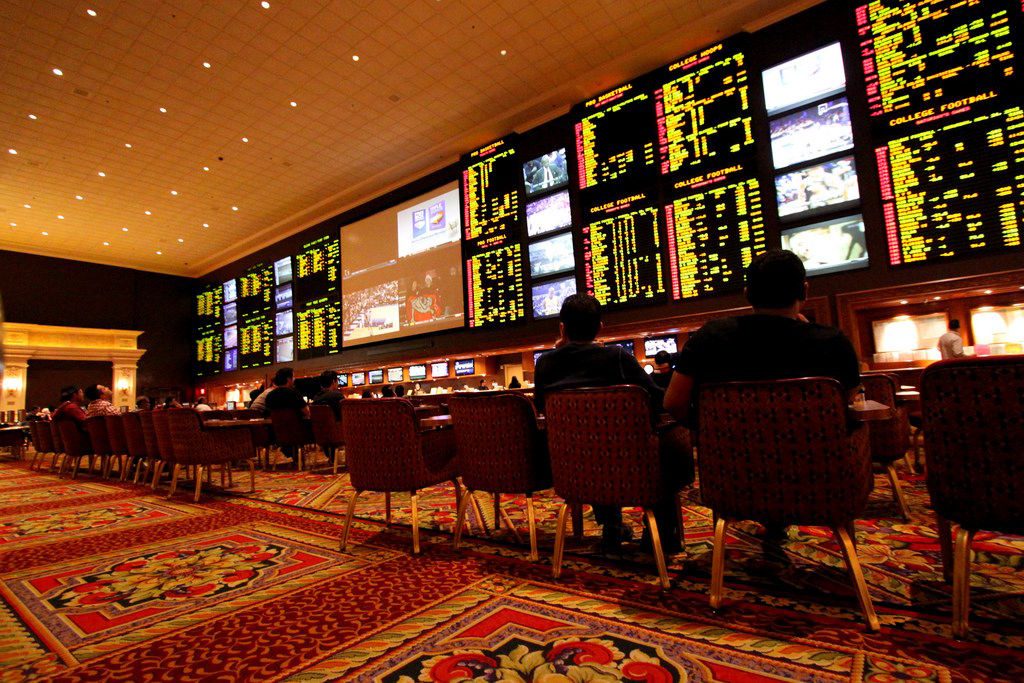
It would indeed be a twist of events for the NCAA to prosper as a result of legal action, starting with the Supreme Court ruling 7-2 Monday to allow for sports gambling in more states across America. Did the high court just save NCAA? Despite the NCAA being opposed to the ruling, Monday’s decision in favor of legalized sports gambling may have just thrown the association a lifeline.
This could easily take place in a well-established manner in protecting its copyright assets. Many prosper from being “patent trolls” in similar actions. In addition, refining this methodology could result in billions annually in the future if prosecuted effectively and efficiently, which should not be difficult. The budget for the NCAA is about $1 billion annually with the great majority coming from television rights for the NCAA Division I Men’s Basketball Tournament, or “March Madness.”
Gambling on the NCAA basketball tourney, much of it illegally, is over $10 billion yearly.
This is an amount that continues to rise. The NCAA should now move immediately to prosecute all copyright infringement cases related to gambling on March Madness, whether legal or illegal. Charts, lists, et al are copyrighted. This is the case with R&R, Mediabase, and others. Infringe upon this selection of songs, much the way the NCAA chooses teams for March Madness, and you will be sued. There are many, many cases clearly establishing this legal precedent.
There are three main reasons why the NCAA should start protecting its copyright for the NCAA tournament.
It clearly has the legal right to take action to collect. Why it has not been more forceful is difficult to fathom! The NCAA selects the teams for March Madness with its own committee. It sells the televised rights. There is no reason for it to give away the copyright access, as it has been. There is a three-year statute of limitations on copyright infringement, so the NCAA should go after everyone, everywhere for the last three years. There are, literally, billions that could be collected by an effective legal strategy effectuated by competent counsel.
These funds have a much better usage in college sports than in Vegas or office pools around the world, or some other illegal activity. Of the 130 Football Bowl Subdivision schools, more than 100 are losing money. Student fees across the country are rising. State aid to institutions of higher education is falling. This is truly the right thing to do to help student-athletes, other students, and colleges and universities with financial woes across the country.
Lastly, the NCAA needs to perfect this model since sports gambling is now expected to be in more than 30 states soon as a result of the Supreme Court action. Should that take place, there will be much more business ahead for the NCAA in the lucrative field of copyright enforcement and prosecution! With billions at stake, there will obviously be much to debate at the NCAA in becoming the greatest “patent troll” in history, but the most prudent move would be to contract it out to a major law firm or sell the collection rights to a hedge fund or private equity group. The NCAA does very good work, but law firms, hedge funds, and private equity groups are better set up to prosper in copyright infringement, enforcement, prosecution, and collection dealing in the billions.
